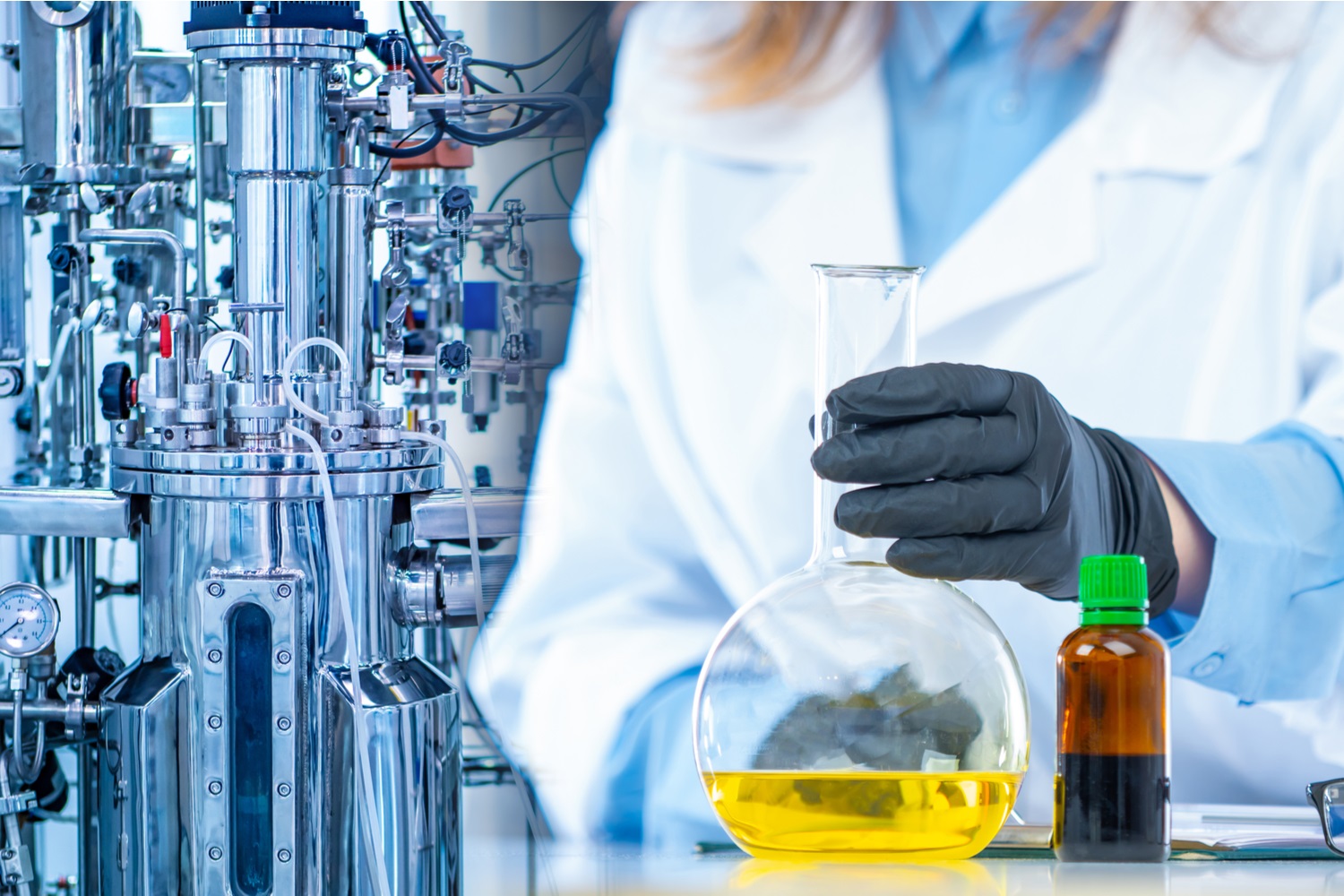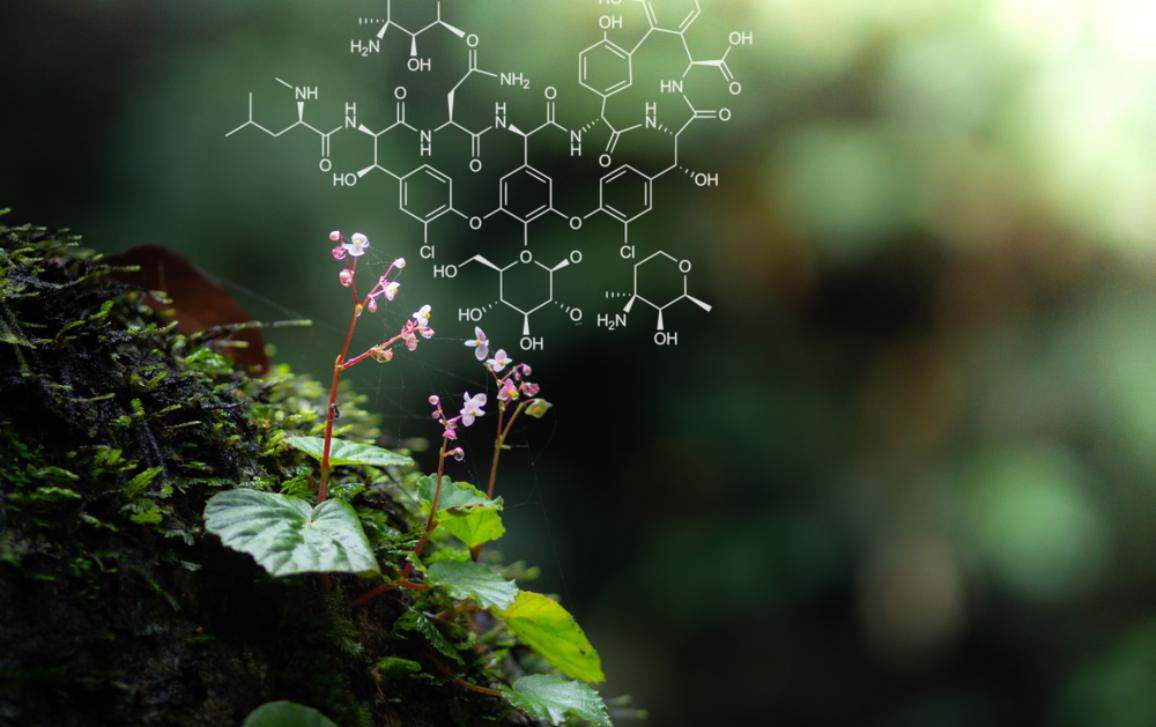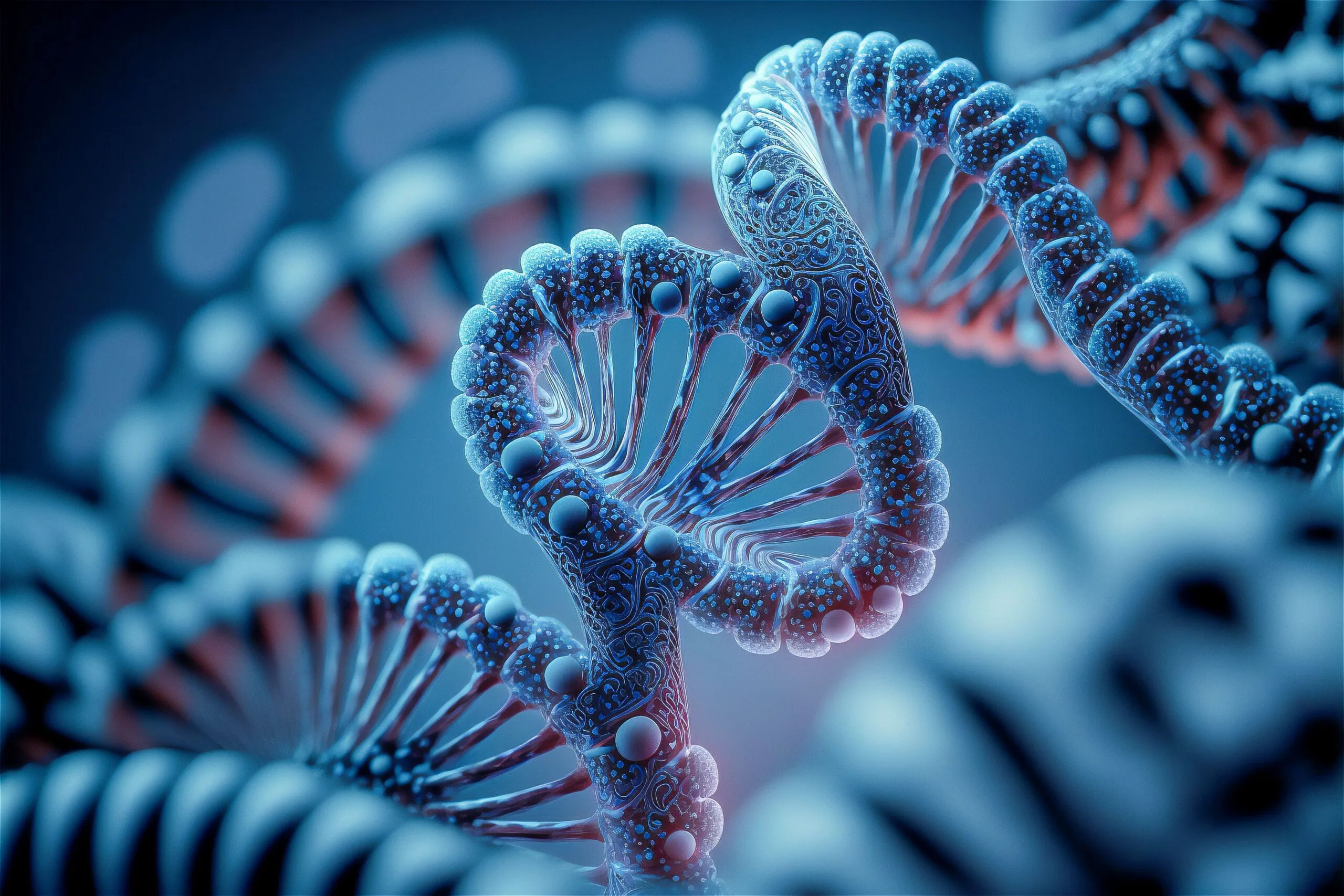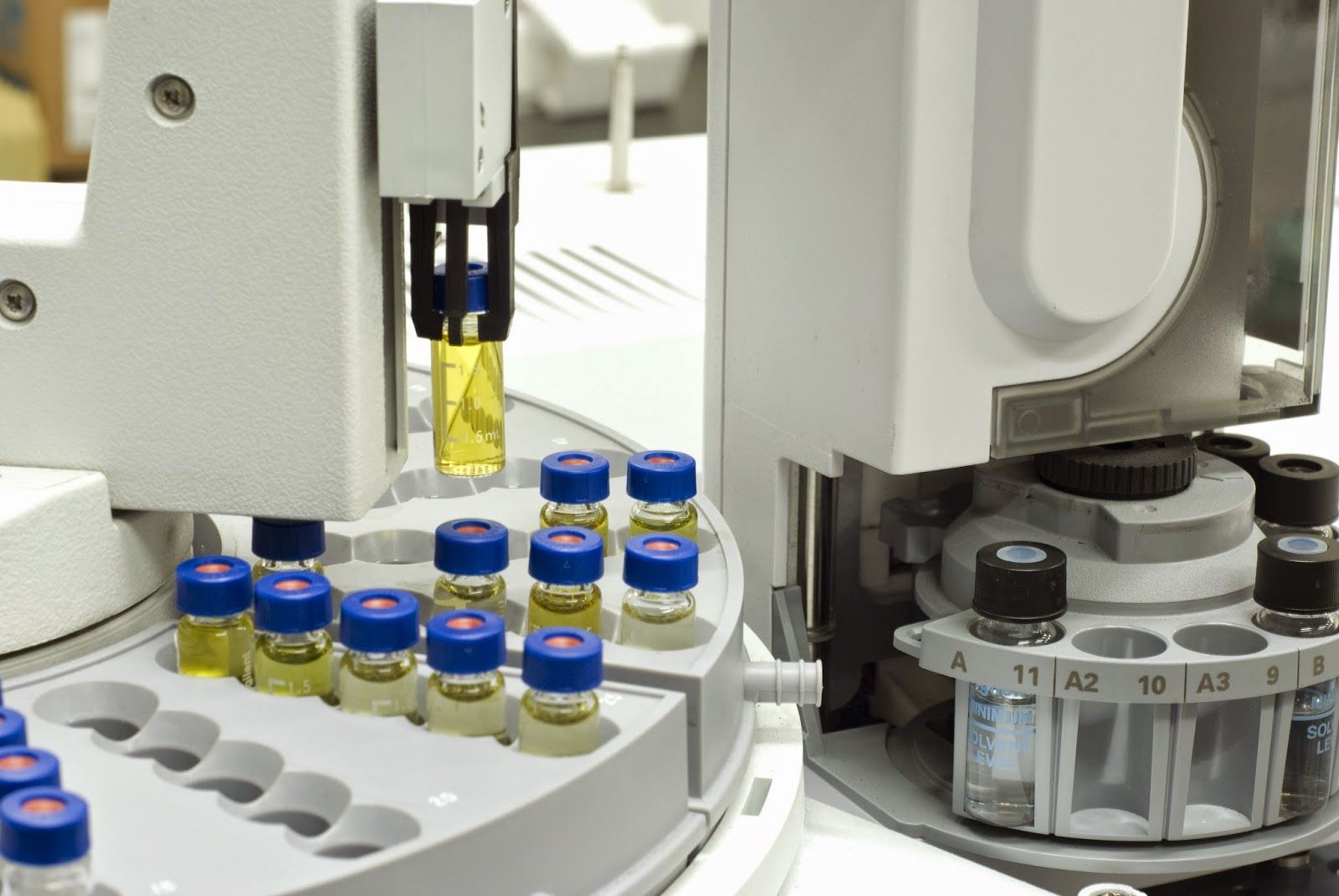Our Microbiology Department studies bacteria, viruses, fungi, and protozoa, emphasizing both basic and applied research. We offer hands-on training in microbial culture, identification, antibiotic sensitivity testing, and fermentation. Research areas include antimicrobial resistance, biocontrol, and probiotics. The department also explores microbial roles in biotechnology and public health, fostering practical solutions and real-world lab skills through projects and collaborations.

The Molecular Biology Department delves into DNA, RNA, and protein interactions, offering training in gene expression, PCR, gel electrophoresis, and genetic engineering. Emphasizing recombinant DNA technology and CRISPR, we align with modern research trends. Students engage in diagnostics, therapeutics, and biotechnology-focused studies, supported by cutting-edge tools and innovation-driven learning.

Our Plant Biotechnology Department applies advanced tools for plant improvement, sustainable agriculture, and pharma research. We focus on tissue culture, genetic transformation, and metabolite production. Students learn Agrobacterium-mediated transformation, molecular markers, and compound extraction. The department integrates botany and biotechnology to support food security and herbal drug innovation.

Merging biology and technology, the Industrial Biotechnology Department focuses on fermentation, enzyme tech, biofuels, and bioplastics. We emphasize large-scale production, strain improvement, and downstream processing. Students engage in projects like industrial enzyme production and waste-to-energy conversion. With industry collaborations, we promote sustainable, tech-driven industrial applications.

The Nano Medicine Department explores nanotech applications in diagnostics and drug delivery. We develop nanoparticles, liposomes, and emulsions, and use tools like DLS, SEM, and UV-Vis for evaluation. Focus areas include targeted therapy, cancer treatment, and imaging, with attention to safety and regulatory aspects. Our work supports personalized, innovative healthcare solutions.

Phytochemistry investigates bioactive compounds in medicinal plants through extraction, screening, and chromatography. We specialize in alkaloids, flavonoids, and terpenoids, focusing on antioxidant, antimicrobial, and cytotoxic properties. The department bridges traditional medicine and scientific research, supporting herbal drug discovery and ethnobotanical validation.

Combining biology and computation, our Bioinformatics Department trains students in sequence alignment, gene annotation, protein modeling, and data mining. Tools like BLAST, MEGA, and AutoDock support research in genomics, proteomics, and drug discovery. Project-based learning fosters innovation in functional genomics and personalized medicine.

The Herbal Technology Department integrates traditional herbal knowledge with scientific validation. We focus on plant cultivation, phytochemical analysis, and herbal formulation. Students learn safety, efficacy, and regulation of herbal products, including in vitro and in vivo testing. The department promotes evidence-based herbal healthcare and sustainable resource use.

Our Chromatography Department trains students in compound separation and analysis using HPLC, GC, TLC, and paper chromatography. We focus on pharmaceuticals, plant extracts, and food product testing. Students gain skills in sample prep, method development, and interpretation. This department supports quality assurance and chemical profiling in various fields.

The Clinical Biochemistry Department trains students in biochemical tests like spectrophotometry, liver/kidney function, and glucose analysis. We link lab data with clinical outcomes and focus on lifestyle disease biomarkers. Students also use automated analyzers and learn quality control systems essential for diagnostics and research.

Our Clinical Trials Department trains students in ethical research, regulatory compliance, and patient safety. Topics include protocol design, data collection, and BA/BE studies. Emphasis is placed on GCP, ICH guidelines, and CTMS. Collaborations with CROs ensure practical exposure and prepare students for roles in evidence-based medicine.

The Medical Coding Department prepares students to convert clinical records into ICD-10, CPT, and HCPCS codes. Training covers terminology, anatomy, and document interpretation. We align with global standards and support careers in hospitals and outsourcing firms, offering placement assistance in this high-demand field.

The Toxicology Department evaluates chemical and natural compound toxicity using cell lines and animal models. We cover acute to chronic toxicity, genotoxicity, and safety assessments. Students learn dose-response, regulatory guidelines, and risk evaluation, supporting safer product development and public health.

Research collaborations, training programs, industrial services, and consultations in biotechnology and life sciences.